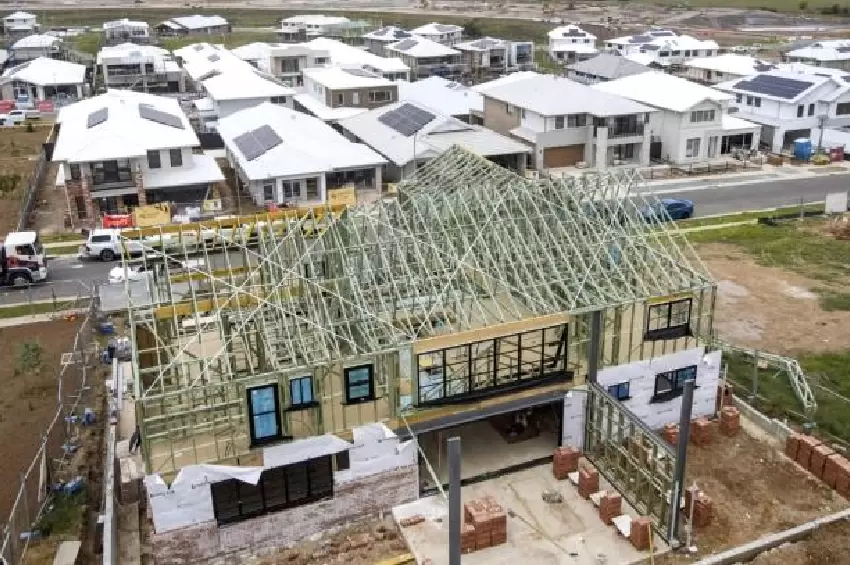
Oversupply Challenges in Bangkok's Commercial Property Sector
The Bangkok commercial property sector is currently grappling with a significant oversupply, with office vacancy rates soaring to 27% in the final quarter of 2024. This situation has led to unprecedented rent reductions and intensified competition among landlords eager to secure tenants in a rapidly changing work environment.
Future Projections and Market Dynamics
Aukit Pronpattanapairoj, head of Office Leasing at Cushman & Wakefield Thailand, anticipates that vacancy rates will continue to rise throughout 2025. This prediction is based on the expected entry of an additional 725,000 square metres of new office space into the market within the next two to three years, primarily in Bangkok’s Central Business District (CBD).
“The substantial influx of new developments is likely to worsen the current oversupply, intensifying competition for tenants,” Aukit explained.
Impact of Flexible Working Practices
The office space occupancy rate for 2025 is forecasted to decline to 72.2%, a significant drop from the pre-pandemic level of 77% in 2019, and much lower than the market peak of 95% in 2012. Average office rents, which had remained stable at around 1,100 baht per square metre per month between 2020 and 2022, are projected to fall to approximately 950 baht/sqm/month this year.
Regional Disparities and Development Postponements
Regional disparities across Bangkok are becoming more pronounced, with areas such as Bang Na and Ramkhamhaeng seeing rental rates of just 400-500 baht/sqm/month due to local oversupply. Similarly, in the Phayathai - Vibhavadi area, rents have fallen to 600-800 baht/sqm/month, with occupancy rates as low as 30% in some buildings.
The challenging market conditions have led to the indefinite postponement of several major development launches, including The Parq Phase 2 and One Bangkok, which together would add approximately 150,000 sqm of supply.
Optimistic Views on Market Recovery
While the recovery of Bangkok's office market is expected to be gradual, industry experts anticipate that new supply will be more carefully managed to align with actual demand, potentially leading to a market equilibrium by 2030.
Michael Glancy, managing director for Thailand, Indonesia, Philippines, and Vietnam with property consultancy JLL Thailand, offers a more optimistic view. He pointed out that the supply broadly aligns with growing demand for premium office space, which has surpassed expectations in the post-Covid landscape.
“Bangkok is witnessing net absorption rates three times higher than the average over the last two years,” Glancy noted. “This highlights that the demand for quality spaces continues to grow, even with the influx of new premises.”









Comments